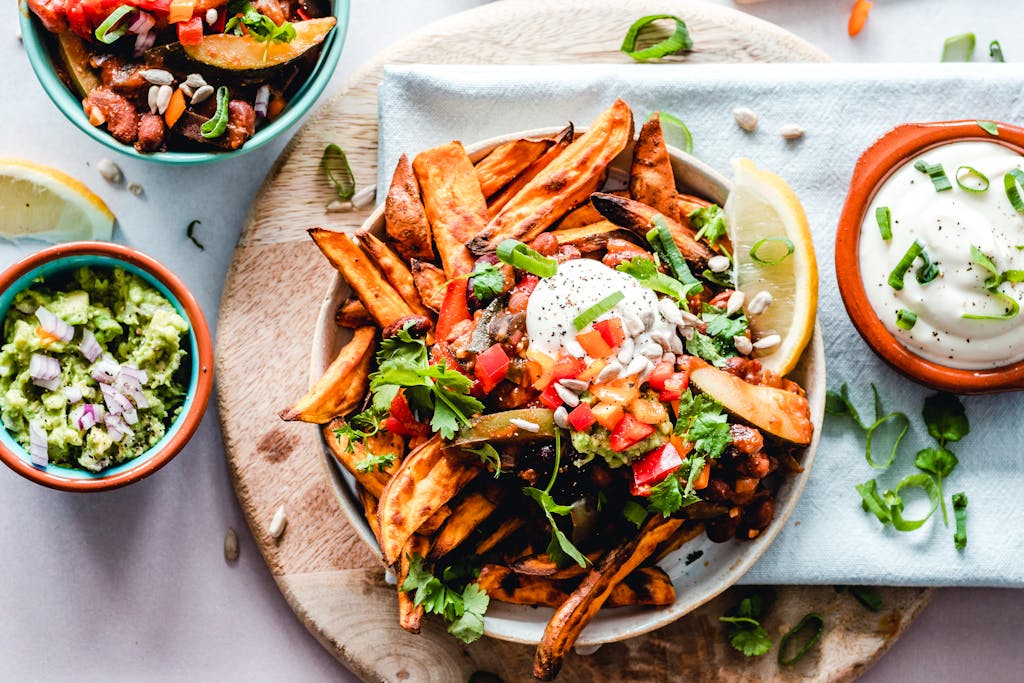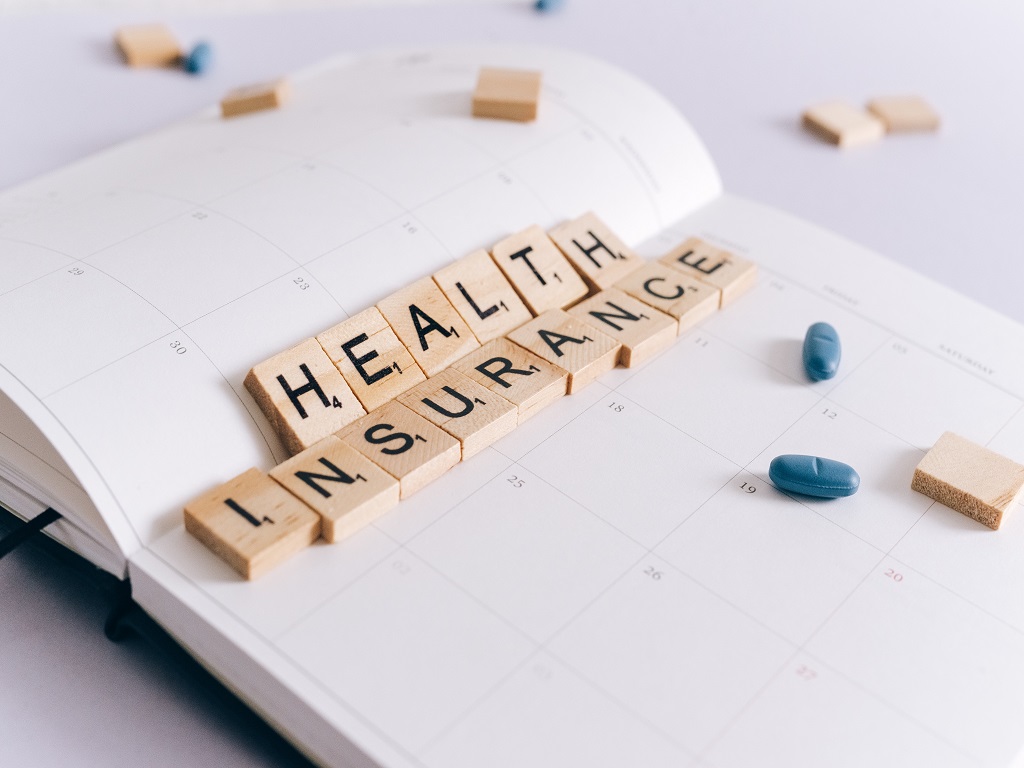Your kidneys are hardworking superheroes, filtering waste and balancing fluids around the clock. But some foods can make their job a lot tougher. Uncover the five biggest dietary villains threatening your kidneys and discover effective strategies to keep them healthy and strong!
Our kidneys tirelessly keep us healthy by filtering waste from our blood and managing our body’s fluid balance. However, certain foods can overburden these vital organs, hindering their optimal function. In this article, we’ll spotlight the top five kidney offenders and share effective treatments to safeguard your renal health. But don’t worry—we’ll keep things light with a sprinkle of humor to make the serious stuff easier to digest!
Avoid the Offenders: 5 Worst Foods for Kidneys
-
Salt Overload: A Salty Sabotage
That sprinkle of salt might make your taste buds sing, but your kidneys aren’t fans. High sodium intake forces your kidneys into overdrive, contributing to high blood pressure and increasing the risk of kidney damage. Sodium causes your body to retain water, which increases the workload on your kidneys and can lead to complications over time. Ditch the salt shaker and opt for herbs and spices to keep your dishes flavorful without the added strain on your kidneys. -
Processed Foods: The Sneaky Snack Trap
Convenience comes at a cost. Processed foods are often packed with unhealthy fats, preservatives, and sky-high sodium levels, all of which can take a toll on your kidneys over time. Foods like instant noodles, canned soups, and packaged snacks might save time but can cause significant damage if eaten frequently. Swap those processed snacks for fresh, whole foods like fruits, vegetables, and lean proteins to keep your kidneys running smoothly. -
Sugary Temptations: The Sweet Saboteurs
Those sugary treats might be tempting, but consuming too much sugar can increase your risk of diabetes, a leading cause of kidney disease. High blood sugar levels damage blood vessels in the kidneys, making them less effective at filtering waste. Instead of reaching for candy or pastries, satisfy your sweet cravings with fresh fruit or a bit of honey, giving your kidneys a break from the sugar overload. -
Carbonated Drinks: Fizzy but Risky
The fizz of a soda might seem harmless, but these beverages often contain phosphoric acid, which can raise your risk of kidney stones and harm your kidneys over time. Phosphoric acid and high sugar content make sodas especially harmful, particularly when consumed regularly. Next time you crave a carbonated drink, try sparkling water with a splash of citrus—it’s refreshing without the hidden kidney risks. -
Red Meat: A Protein Pitfall
While red meat can be a delicious indulgence, consuming too much can overload your kidneys with protein, potentially leading to kidney stones or damage. Animal proteins, especially from red meat, increase the amount of acid in the blood, which can be taxing on your kidneys. Balance your meat intake with plant-based proteins like beans or lentils to keep your kidneys from working overtime.
Treatment Options and Kidney-Friendly Strategies
-
Stay Hydrated: Water’s Healing Power
Hydration is crucial for kidney health. Drinking plenty of water helps your kidneys filter waste efficiently and keeps them functioning at their best. Water helps dilute waste in the urine and can prevent the formation of kidney stones. Make water your go-to drink, and your kidneys will thank you for it! -
Balanced Diet: Nutrition as Protection
Eating a kidney-friendly diet can significantly reduce your risk of kidney problems. Focus on fresh fruits, vegetables, whole grains, and lean proteins. A balanced diet can help maintain blood pressure and blood sugar levels, which are essential for kidney health. Consulting a nutritionist can help tailor a meal plan that supports your kidneys and meets your individual health needs. -
Medication Assistance: Pharmaceutical Heroes
Sometimes, medication is needed to support kidney function and manage related conditions like high blood pressure. Medications like ACE inhibitors or ARBs can help protect kidney function, especially in people with diabetes. Follow your doctor’s guidance and keep up with prescribed medications to protect your kidney health.Jardiance (empagliflozin) is one such medication for those with type 2 diabetes. It helps the kidneys remove excess glucose, lowering blood sugar and reducing the risk of cardiovascular complications. This dual benefit makes it a valuable ally in managing both kidney and heart health.
-
Regular Check-Ups: Routine Renal Surveillance
Regular visits to your healthcare provider help monitor kidney health and catch potential issues early. Routine blood and urine tests provide crucial insights into how well your kidneys are functioning, allowing for timely interventions if problems arise. Early detection of issues like high blood pressure or elevated protein levels in the urine can prevent more severe kidney damage down the line. -
Get Moving: Exercise for Kidney Vitality
Physical activity isn’t just great for overall health—it also supports kidney function. Exercise helps control weight, lower blood pressure, and reduce stress, all of which benefit your kidneys. Regular exercise improves circulation and helps manage conditions like diabetes and high blood pressure, which are major risk factors for kidney disease. Find an activity you enjoy, whether it’s walking, dancing, or yoga, and keep your kidneys in top shape.
Conclusion
With this knowledge of the worst foods for kidneys and the strategies to keep them healthy, you’re equipped to give your kidneys the care they deserve. By cutting back on salt, processed foods, sugary snacks, carbonated drinks, and red meat, you’re lightening the load on your kidneys. Pair these dietary changes with proper hydration, a balanced diet, necessary medications, regular health checks, and staying active, and your kidneys will keep up their superhero status. So here’s to your kidney health—raise a glass of water and toast to these little champions!




